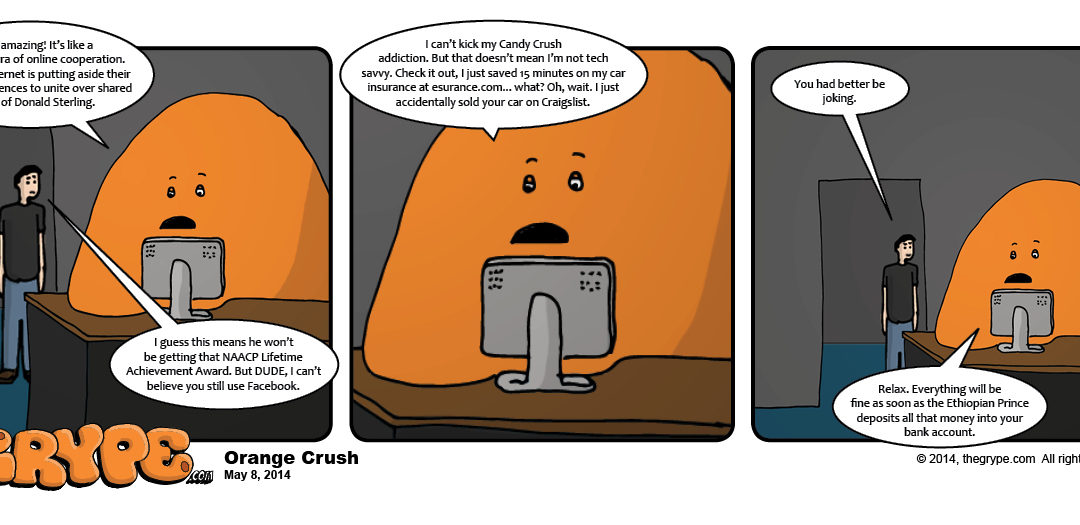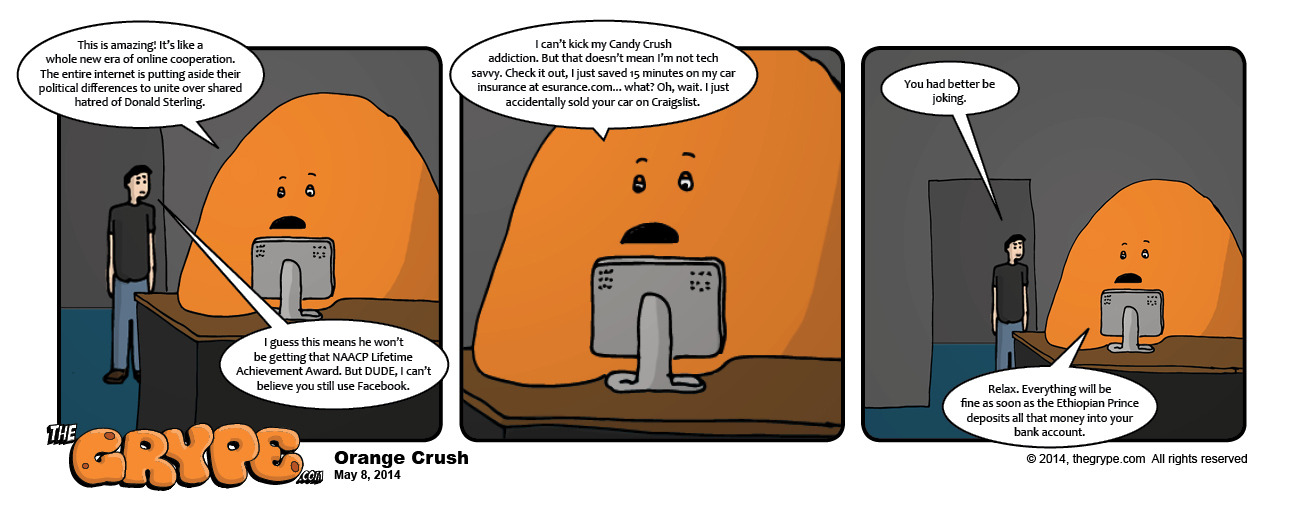We haven’t done a “why working in corporate America sucks” blog around here lately, so let’s shake the doom and gloom off our boots (leftover from wading through the latest riptide of political and corporate malevolence) and take a little stroll back into the weird Thunderdome atmosphere that too-often pervades our modern American workplace.
We’ve often discussed the benefits of high worker morale versus that of poor worker morale, and how contented workers ultimately translate into higher profitability for a company. If you pay your workers a decent wage, provide them with decent benefits, and take their emotional well-being into consideration, the positive response usually invigorates the work setting and increases efficiency.
There’s no reason to go overboard with free video games and worker hammocks like Google (I know, we’ve ALL heard stories about work conditions at the high-tech giants, the real-life equivalent of Wonka’s candy factory). But such excess is usually unnecessary— just appreciate and properly recompense your employees for the work they do, and reap the rewards. A happy workplace is almost always a more productive one.
Big business understands that concept— but (this is ridiculously ironic) many executives and managers have adapted the push for “positive attitude” into what can only be described as a fascist regimen. Instead of inspiring positivity, they demand it of their employees, threatening to fire them should their enforced positivity wane. “We consider it very important to foster a positive work environment,” say the middle managers with a sly smile. “It’s our hope that our many employees feel good about working here, because maintaining a positive attitude is a large part of our success strategy.”
It’s easy to see through the veneer of corporate lingo to the bullshit beneath the surface. The supposed goal above isn’t REALLY good morale— it’s an unspoken expectation that employees will maintain an ARTIFICIAL SEMBLANCE of good morale, no matter what their true feelings might be… when it’s time to tally the figures for the end-of-month reports, everybody there had better score well in the “happy” category.
If they really ARE happy, then great. But this sort of strong-arm tactic usually occurs in workplaces where the morale is actually very low, and the managers are trying to hide it (or ignore it by pretending otherwise). Low pay, lousy benefits, long hours and managerial mistreatment are common in such situations. Nor does this enforced “positivity” accomplish much at the bottom line— employees who must pretend to be happy don’t work any more efficiently than their openly miserable counterparts. They don’t go the extra mile, expend special effort, or take personal pride in the work they do and the company that employs them. It’s a false paradigm, the results of which are exactly opposite to those seen in a REAL high-morale workplace.
One applicable term for such a situation might be “managerial bullying,” which accurately describes the situation. The truth behind the fake “happy workplace” is often rather bleak; such businesses usually have high rates of personnel turn-over, when miserable employees eventually fail to maintain a facade “happy enough” to please their supervisors. Whenever managers conceal their own incompetence and hide behind such an impenetrable veneer of enforced “positivity,” worker paranoia, dishonesty, and ennui will flourish unchecked. And the business will suffer.
The saddest example of this paradigm is when middle management scrupulously hides all evidence of low morale from the upper executives, who assume all is well and unwittingly take part in farcical activities intended to foster loyal affection… but in a workforce rife with negativity.
For example: a “company appreciation party” is held (staged for the benefit of upper management), which the draconian middle management runs like a prison furlough— attendance is 100% mandatory, family of workers aren’t invited, and it takes place during work hours (with zero pay for hourly workers since “it’s off the clock.”) Upper management struts around congratulating themselves for the “great job” they do managing the rank and file, who are confined to less-luxurious tables. Everyone is expected to pay for their own drinks (or even their meals). Speeches are made by the bosses, and everybody must applaud at the proper time… but since the affection of the employees is fake, the whole event is a scripted exercise in sheer nonsense. Mussolini hosted lots of parties like that.
If you REALLY want to have a successful business, skip such exercises and re-task the catering costs to improve conditions and make your workers really happy, allowing them to work for a company they are TRULY proud of.


